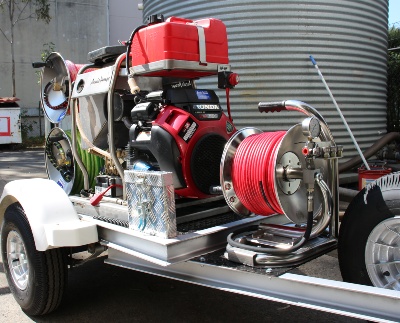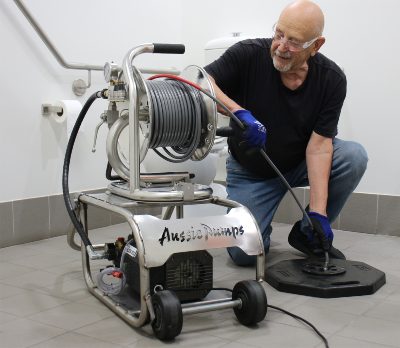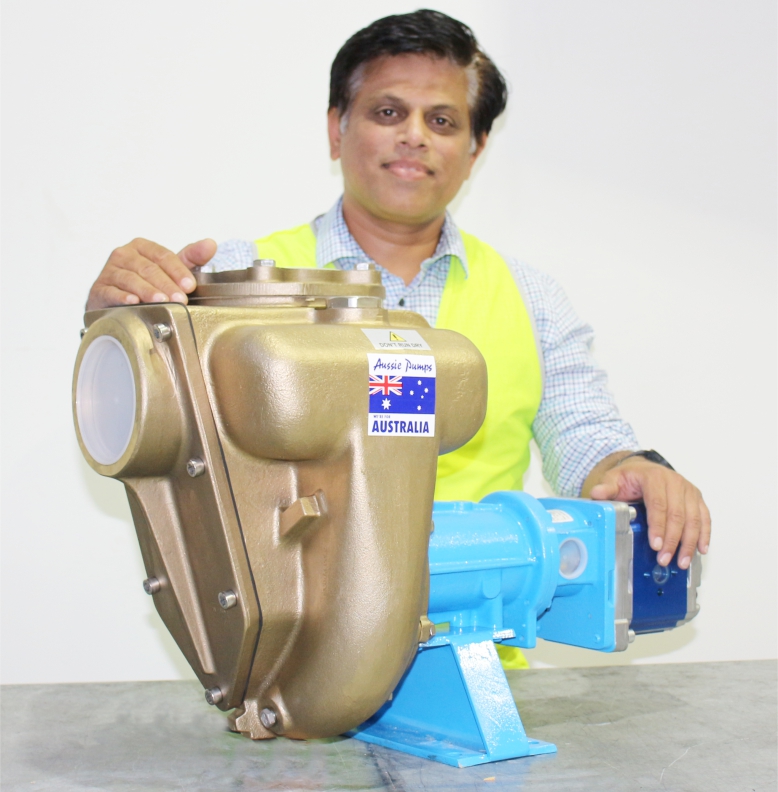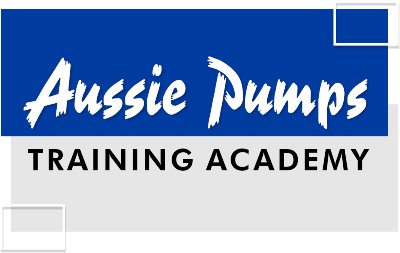Salute to the drillers
It’s obviously a great credit to Australia’s drilling industry that we have manufacturers who can design and build not just the drill rigs but equipment to handle the indispensable mud lubricants.
Diamond drilling operations can obtain core samples from two thousand metre depths. The mud cools down and lubricates the diamond drill bit, helps cutting speeds and the flushing of material from the cutting teeth. It also helps to provide downward pressure which prevents the hole from collapsing.
That’s why the mud has chemical and solid adjustments to target certain density. Working with Australian Exploration, our Aussie Pump engineers developed pumps that are suitable for this harrowing application.
In the past, mud tanks have been served by commercial engine drive lightweight pumps. Many of these, from third world countries, soon became regarded as disposable items. They failed in carrying out the duty on a continuous long term basis and became landfill.
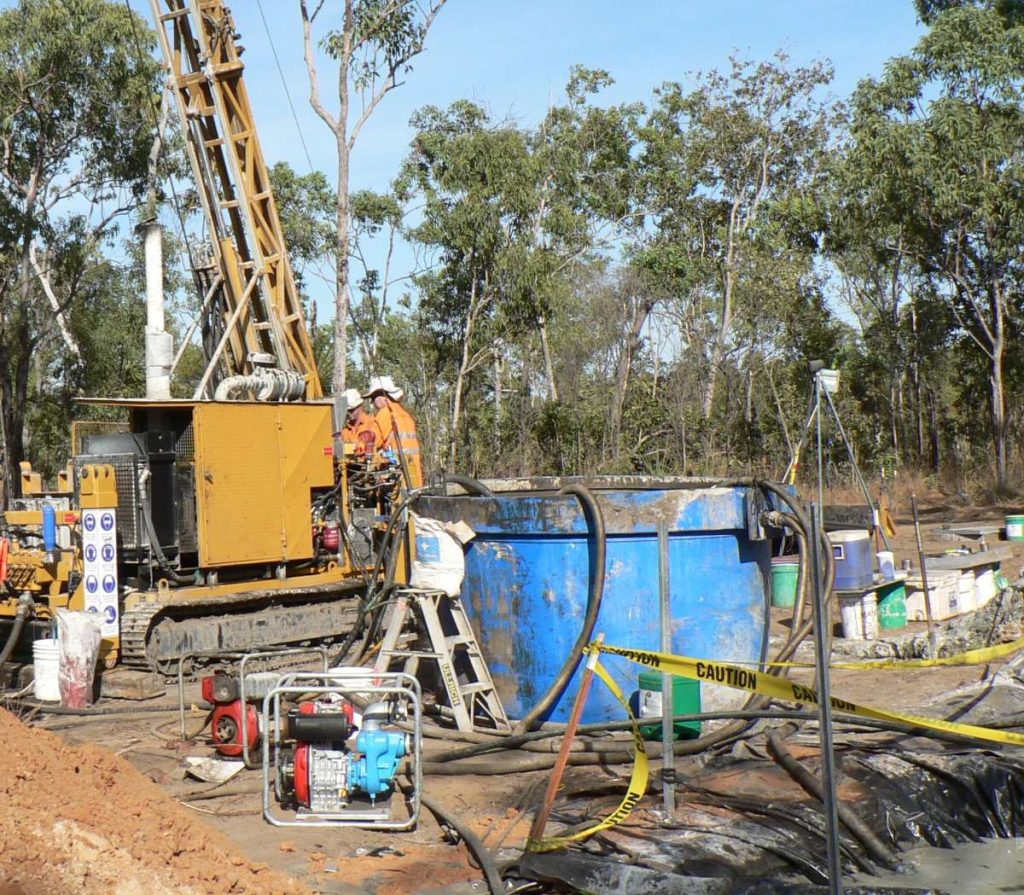
Aussie Pump Solution
Aussie Pumps’ engineers learned a lot about the pumps required working with some of the best in the drilling business. They are currently developing what they believe will be the perfect mud pump!
“Aussie started without any real in-depth knowledge, and we still have a long way to go,” said Aussie Pumps Chief Engineer John Hales. “We owe a big debt to the companies who work with us and gave us the inspiration for product development” he said.
The Hydraulic Mud Pump
The first hydraulic mud pumps that Aussie provided to the industry were 2″ cast iron self priming hydraulic drive units. Fitted with big open impellers, they were able to pass a degree of solids in suspension. The hydraulic drive gave them loads of power.
After a period of operation with some of Australia’s leading drillers, Aussie found that cast iron impellers were wearing out.
“The solution was to go with cast 316 stainless steel,” said Hales.
The cast 316 stainless impeller provided substantially longer life. The company is now experimenting with pump bodies in cast 316 as well to ensure resistance to abrasion and for that matter, even corrosion.
That combination of cast iron and stainless steel works, but some drill rig manufacturers have specified nickel aluminium bronze bodies for bigger pumps with 316 stainless impellers. The results have been excellent!
More Flow Required
The 2″ pumps originally supplied are a rugged self priming design but obviously limited in terms of flow. With a maximum flow of 440 litres per minute, they didn’t suit every job.
Aussie Pumps worked with key mud tank manufacturers with a view to coming up with bigger capacity pumps. The final outcome was a high pressure and high flow 3″ pump!
With 3″ ports, self priming capability and hydraulic motor, the pump was able to attain flows of up to 1100 litres a minute and heads as high as 55 metres.
“That’s an awful lot more capacity than the 2″ pumps,” said Hales.
Called the G3TMK-A series, the 3″ pumps form part of Aussie’s GMP range of heavy duty products. The hydraulic drive version can either be built in cast iron semi trash configuration with a front opening port, nickel aluminium bronze, or cast 316 stainless.
Standard silicon carbide seals are part of the kit, as well as a stainless steel wear plate in the cast iron versions.
Best of all, the need for small single or twin cylinder petrol or diesel engines to drive mud pumps was completely eliminated. The onboard hydraulic system provides all the power required!
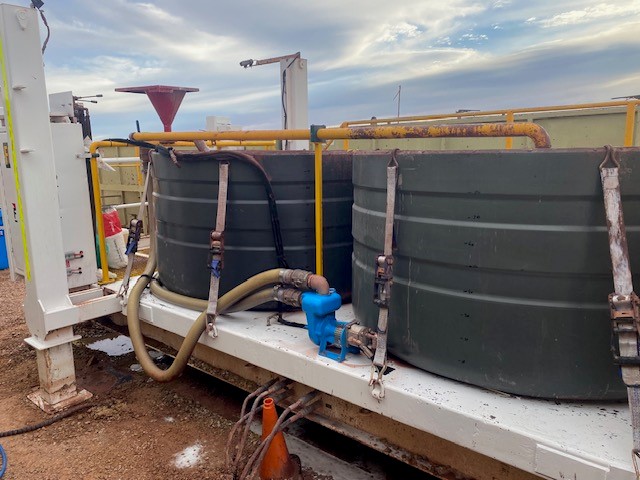
Solving the Seal Problem
The pumps originally were supplied by Australian Pumps with silicon carbide seals. The company noticed users were going through seal kits and bearings on a regular basis.
The biggest problem identified was operators running the pump dry! No mechanical seal will stand up to both abrasive material and dry running.
To combat the abrasive liquids, Australian Pump is introducing tungsten seal kits. Both the counterface and the mechanical seal itself are in tungsten. The elastomers can be now also provided in Viton. Both are major steps forward in proving better reliability and reducing maintenance costs.
“We’re not quite sure how to train the drillers not to let the pumps run dry. Perhaps the drill rig and mud tank manufacturers can come up with an automated system shutdown when the tank’s empty” said Hales. “We’re working with some of Australia’s leading specialists in this area and are confident of a solution” he said.
The journey of education for Australian Pump in support of the drilling industry is continuing.
“We learn every day from talking to maintenance fitters, buyers, drillers and designers” said Hales.
The Perfect Mud Pump
“We think we are getting close to something that’s got a 316 stainless steel body, 316 stainless steel impeller, Viton elastomers, and a tungsten carbide mechanical seal. That would go a long way towards making these pumps virtually indestructible” said Hales.
The Viton elastomers will handle any corrosive compounds in the liquid. The tungsten carbide mechanical seals and counterfaces will guarantee the longest possible wear life, even in the most abrasive applications.
“We’re trying to make a mud pump that is maintenance free,” said Hales. “We don’t operate drill rigs but we certainly listen to the people who do,” he said.
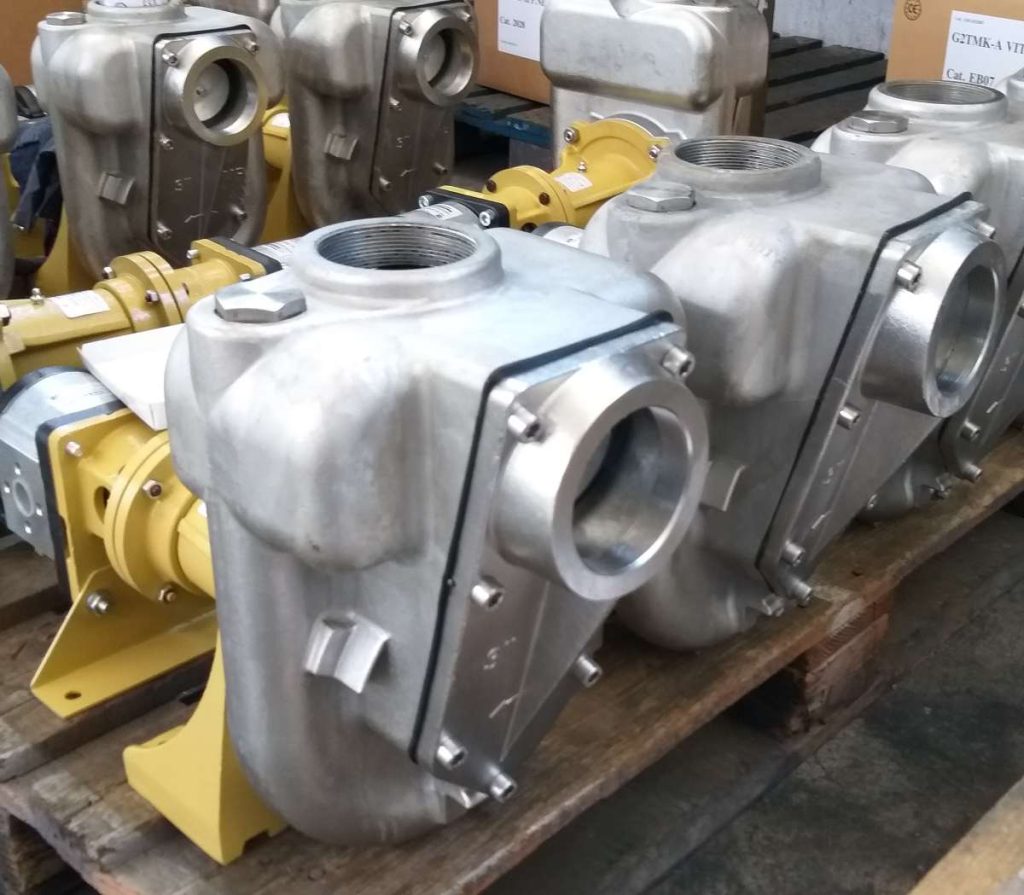
Further information
Aussie’s new ideas for drill rig pumps are a tribute to the people who find the material that enables our miners to keep mining!
More information on Aussie’s drill rig and mining pumps

